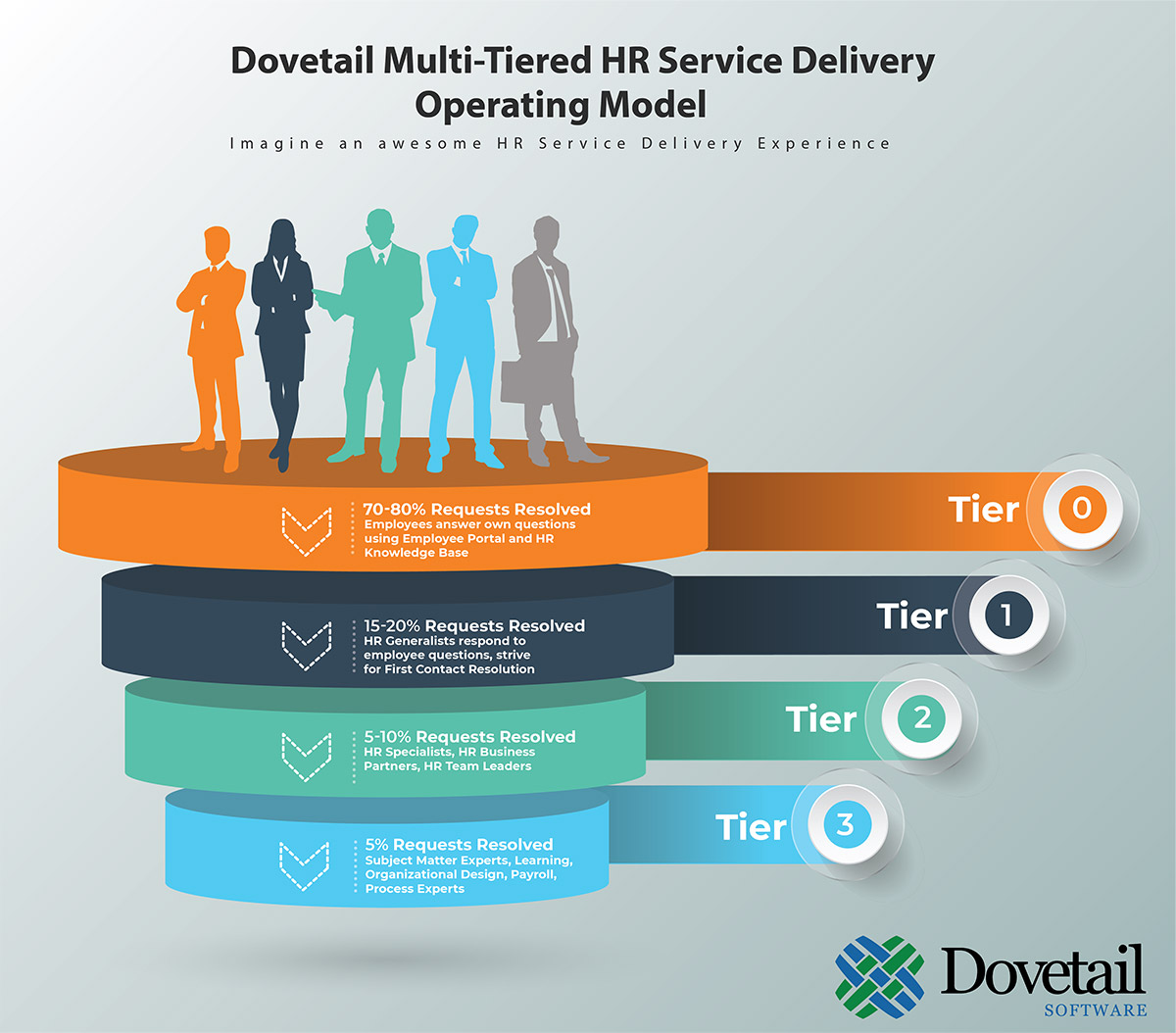
29sixservices
SpeichernÜberblick
-
Berufsfeld Einkauf, Materialwirtschaft und Logistik
-
Veröffentlichte Jobs 0
Firmen Beschreibung
What is Payroll Outsourcing?
What is payroll outsourcing?
Payroll outsourcing is employing a third-party company to deal with payroll-related jobs, including computing and validating salaries and salaries, deducting and depositing funds for tax withholdings, making sure pre- and post-tax advantage reductions are processed, printing paychecks, establishing direct deposits, and preparing payroll reports and journals for general ledger entries.
An outsourced payroll business will need access to your service savings account and staff member time tracking system. This requires trust between the company contracting the payroll service and the service itself. A lawfully binding service agreement describing the payroll contracting out business’s terms, conditions, and expectations solidifies that trust.
Companies that employ a payroll contracting out company may likewise wish to contract out PEO or HR services. Search for a „full-service payroll supplier“ to manage that. Their services typically include managing staff member benefits, tax filing, and human resource functions like onboarding and assessing medical insurance suppliers. Pricing will be based upon the variety of staff members.
Why should a service outsource payroll?
There are several factors why a business should consider outsourcing payroll. Two of them are tax compliance and precise tax reporting. A payroll expert is trained in both functions. A third-party provider will have a payroll team of specialists working on your account. They’ll manage the payroll responsibilities, tax withholdings, and worker benefits.
Outsourcing conserves time
Payroll processing is time-consuming. Payroll administrators track and execute benefit reductions, wage garnishments, paid time off, overdue time off, taxes, and payroll mistakes. They also require to be familiar with information security problems that might develop throughout the onboarding when they gather employee information. A payroll business can manage all that for you.
Outsourcing can lower costs
The time workers spend processing payroll in-house and the salary of the payroll manager are costs. A small company can invest a significant portion of its profits on those costs. It’s often less expensive to hire a payroll processing service. Prices for some payroll services are as low as $40 monthly to manage standard payroll functions.
Outsourcing guarantees tax accuracy
Small companies can not pay for mistakes in payroll taxes. The charges and costs evaluated by state and IRS tax auditors can be considerable. An established payroll service supplier will guarantee that the correct amount of taxes will be kept and deposited on time. They presume the responsibility and liability for that, providing your company peace of mind.
Outsourcing offers information security
Payroll companies use innovative security procedures to protect worker info. That includes maintaining privacy on problems like wage garnishment, payroll mistakes, and business tax filing. Companies with a self-service payroll system or on-site benefits manager do not usually execute the exact same security protocols.
Outsourcing removes software issues
The expenses of setting up, maintaining, and fixing payroll software collect rapidly when you have a big workforce. Hiring the ideal payroll company eliminates that problem. They have their own software, and it’s consisted of in what you pay them. That can simplify accounting procedures like expenditure management and simplify your capital.
Outsourcing features a payroll assistance group
Companies that do payroll independently typically have someone reacting to support issues. Outsourcing brings in a support team that can manage questions about direct deposit, advantage deductions, tax liability, and more. This also falls under „expense saving“ since somebody who would otherwise be handling service concerns can be redeployed in other places.
What is payroll co-sourcing?
Another choice for small companies that require assistance is payroll co-sourcing. This is a hybrid model in which payroll tasks are divided between the business and the third-party payroll company. For instance, the payroll company deals with tasks like information entry, tax estimations, and issuing incomes or direct deposits. The main business maintains control over the movement of payroll funds and making tax withholding deposits.
Special considerations for worldwide payroll outsourcing
Most little business owners in the United States do not require to handle international payrolls. If you expand your services or employ specialized employees outside the country, that could change. International payroll services include multi-currency ability, compliance for the countries you’re doing service in, and international tax rates and tables.
The payroll requirements of employees in other countries differ from those in the United States. For example, 35 hours is thought about a full-time work in France. Your company would need to pay overtime for anything over that. You don’t need to pay social security tax. You may, however, need to pay US business earnings tax.
Benefits administration for a global payroll is different likewise. HR groups with companies doing in-house payroll will be responsible for inspecting health insurance requirements and maximum retirement contribution rules in the countries where you have staff members. Business requires to do that every pay period if you’re actively recruiting. That’s a lot to monitor.
How payroll outsourcing works
Outsourcing involves transferring payroll information. Automation streamlines that, so you’ll want to find a payroll service with good technology. Best practices recommend opening a separate business savings account specifically for payroll. Many business established sub-accounts of their main bank account to simplify the transfer of funds to cover payroll checks and direct deposits.

Planning to contract out payroll
The next step is to choose what degree of outsourcing is suitable. Turning „all things payroll“ over to a third-party supplier might not be the most economical service. Some companies pick to co-source payroll, keeping a few of the payroll jobs internal. That gives the company control over the process without taking on a heavy work.
Picking a payroll contracting out partner
A lot enters into selecting the ideal payroll outsourcing partner. Working with somebody you trust is necessary, so discover a payroll business with a great track record. If you’re co-sourcing, you’ll require a partner willing to share the work. Using payroll software is likewise an option. Many payroll software suppliers have live assistance groups.
Setting up and running payroll
Decide how frequently you want to run payroll. Some business do it weekly, while others prefer biweekly or monthly. Once you choose a payroll cycle, run a sample contact a pay stub to make sure the system works correctly. Your outsourced payroll business will likely do that anyhow. If not, request it so you can see how the process works.
Facilitating employee self-service

Outsourced payroll companies typically use online websites where staff members can view their net pay, advantages, and tax reductions. Directing them there rather than to a live support center is an excellent method to lower business spending. It may take a while for workers to embrace this approach. Stay constant with your messaging until it takes hold.
Payroll tax and compliance issues
Employers are ultimately responsible for paying payroll taxes, even if they contract out payroll to a third-party service provider. The payroll business can streamline your operations to make them more affordable, and it can handle the responsibility of tax withholdings and deposits. However, any IRS penalties for errors will be imposed against the main organization.
IRS correspondence is constantly sent to the primary business, not the third-party company. They do not send a copy to your payroll business. You can change your address to the payroll business, however the IRS does not advise that. If mail is mishandled or accountable celebrations are not in the workplace, your company could be on the hook for their mismanagement.
Federal tax deposits ought to be made through electronic funds transfer (EFT) to adhere to IRS policies on payroll. The IRS has a system called the Electronic Federal Tax Payment System (EFTPS) to assist in that. Businesses are designated a company recognition number (EIN) that needs to be offered to the payroll company if you’re going to contract out.

Please consult with a tax expert to supply more guidance.
Best practices for contracting out payroll
Relinquishing control over your payroll is a big offer. Following these best practices will assist make the look for a provider and the shift smoother. It’s likewise suggested that you don’t do this alone. Form a team at your company to examine payroll outsourcing, then take a minute to review these and the „Frequently Asked Questions“ area listed below.
Choose a respectable payroll company

Reputation ought to be vital in your search for a third-party payroll business. This is not a service you wish to go shopping by rate. Try to find online reviews. Ask other company owner who they are using. You can also consult with your bank or check the Integrations Page on our site. Rho links to accounting, ERP, and personnels companies with payroll partners.
Check out regulations and tax commitments before contracting out
Your company is eventually responsible for employee tax withholdings and payroll tax deposits to regional, state, and federal profits departments. You can outsource those obligations, but you’ll pay the cost for any errors. Read up on this and other regulations that impact how you pay your staff members. Make sure you comprehend what your tax obligations are.
Get stakeholder buy-in
Your staff members are your stakeholders. Consulting them about moving to an outside payroll company will make the shift easier for you and your management group. Many companies begin the outsourcing procedure by conversing with their workers about what they want from a payroll business. This can also assist you construct a benefit package.
Review software alternatives
One alternative to outsourcing is using payroll software that automates much of the payroll processing. While this might not fully complimentary you from dealing with payroll concerns, it might streamline preparing and releasing incomes and direct deposits. Review software options before choosing an outdoors company to deal with payroll and benefits.

Build redundancies for accuracy
Running a payroll in parallel with the payroll being run by an outsourced provider develops a redundancy to make sure precision. Consider it as a check and balance system that secures you if the payroll company goes down for any factor. When things run efficiently, you won’t need to process checks. When they do not, you’ll have the capability to do so.
Payroll contracting out FAQs
How does payroll outsourcing work?
Payroll outsourcing is transferring payroll jobs and obligations to a third-party payroll supplier. Depending on the contract between the main service and the payroll provider, the company can be accountable for all or simply a few of the payroll jobs. Examples of payroll tasks are validating earnings, subtracting and transferring payroll taxes, and printing paychecks.
Is payroll outsourcing an excellent concept?
Companies that outsource payroll can decrease the expenses of managing and delivering employee payment. Some outsourced payroll companies likewise provide personnels, which can enhance organization operations. Those are both good concepts, but contracting out will come down to your service requirements. It’s an excellent concept if it enhances your bottom line.
Who are some common payroll outsourcing partners?
Gusto, Paychex, and ADP are three of the most well-known payroll business. QuickBooks, a popular accounting platform for small companies, likewise has a payroll service. If you work internationally and require several currencies and global compliance, have a look at Rippling Global Payroll. For human resources, take a totally free demo of BambooHR.

Can I do payroll myself?
Yes, you can do payroll yourself. However, if you want to do it accurately, you’ll need the right payroll software application. Doing it without software application leaves too much room for error.
When does it make good sense for a business to start payroll outsourcing?
Companies can outsource their payroll at any time. It’s usually an excellent idea to begin pricing payroll services when you get near ten workers. Evaluate the expense and the time it takes to process payroll weekly. You’ll know when it’s time to make a move.
Conclusion: Simplify payroll with Rho and Gusto
Outsourcing payroll to another company can be an excellent relocation for great deals of organizations. But it’s important to thoroughly research the outsourcing process, comprehend your tax responsibilities, and completely veterinarian any business you’re thinking about as a third-party payroll processor.
Once you do choose one, Rho has direct integrations with among the most popular choices on the market today: Gusto. Through this direct combination, teams on Gusto can get set up rapidly with Rho and start running payroll more efficiently. With Gusto, teams can look forward to not only improved payroll processes, but HR, too. By eliminating the friction from these crucial work streams, teams can concentrate on other elements of their service, all while staying a compliant, effective, and trustworthy.
Find out more about Rho’s integrations today.
Any third-party links/references are offered for just. The third-party websites and content are not backed or managed by Rho.
Rho is a fintech company, not a bank. Checking and card services offered by Webster Bank, N.A., member FDIC; cost savings account services supplied by American Deposit Management Co. and its partner banks.
Note: This material is for informative functions just. It does not necessarily reflect the views of Rho and need to not be interpreted as legal, tax, benefits, financial, accounting, or other recommendations. If you require particular advice for your organization, please seek advice from a specialist, as guidelines and regulations change regularly.
